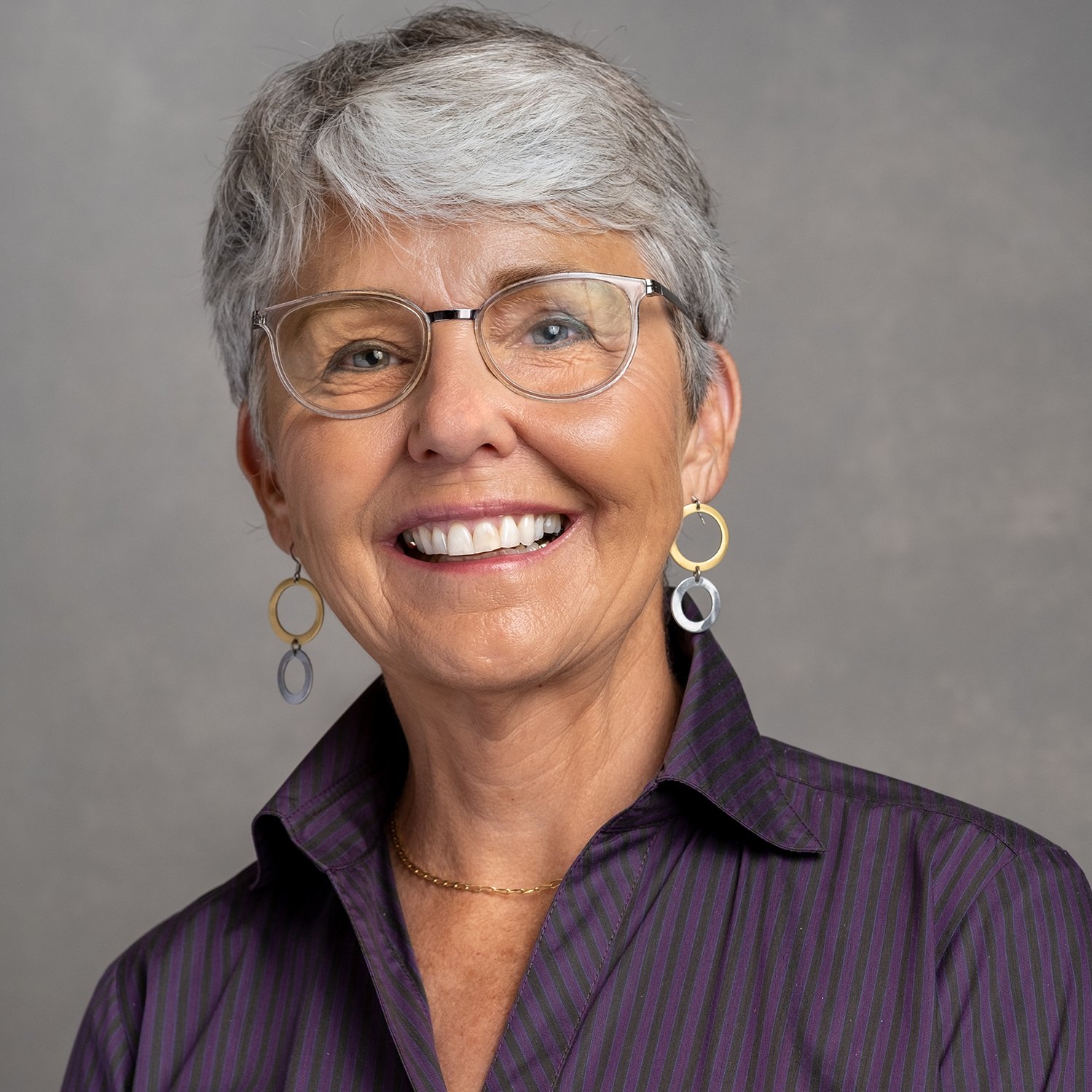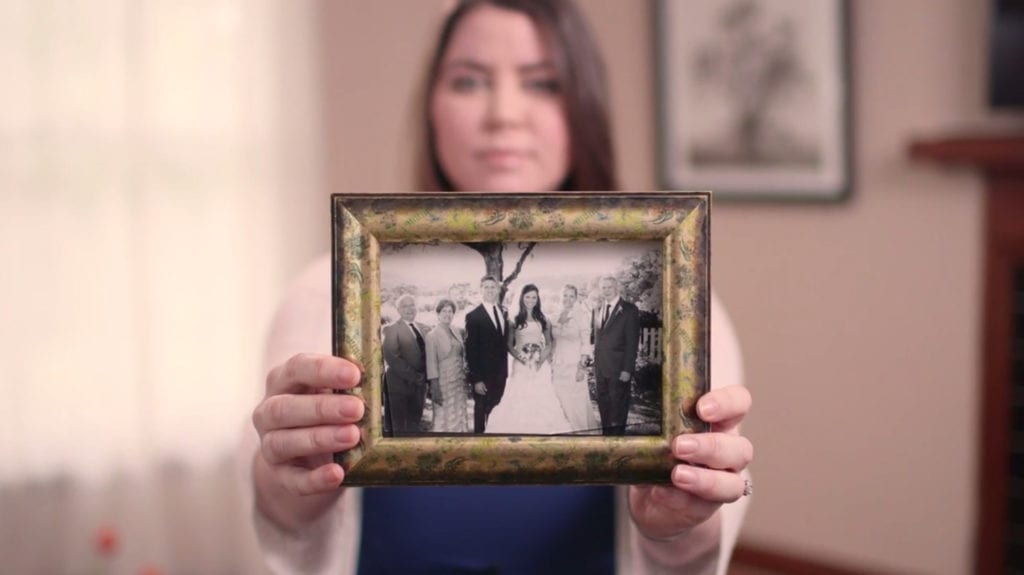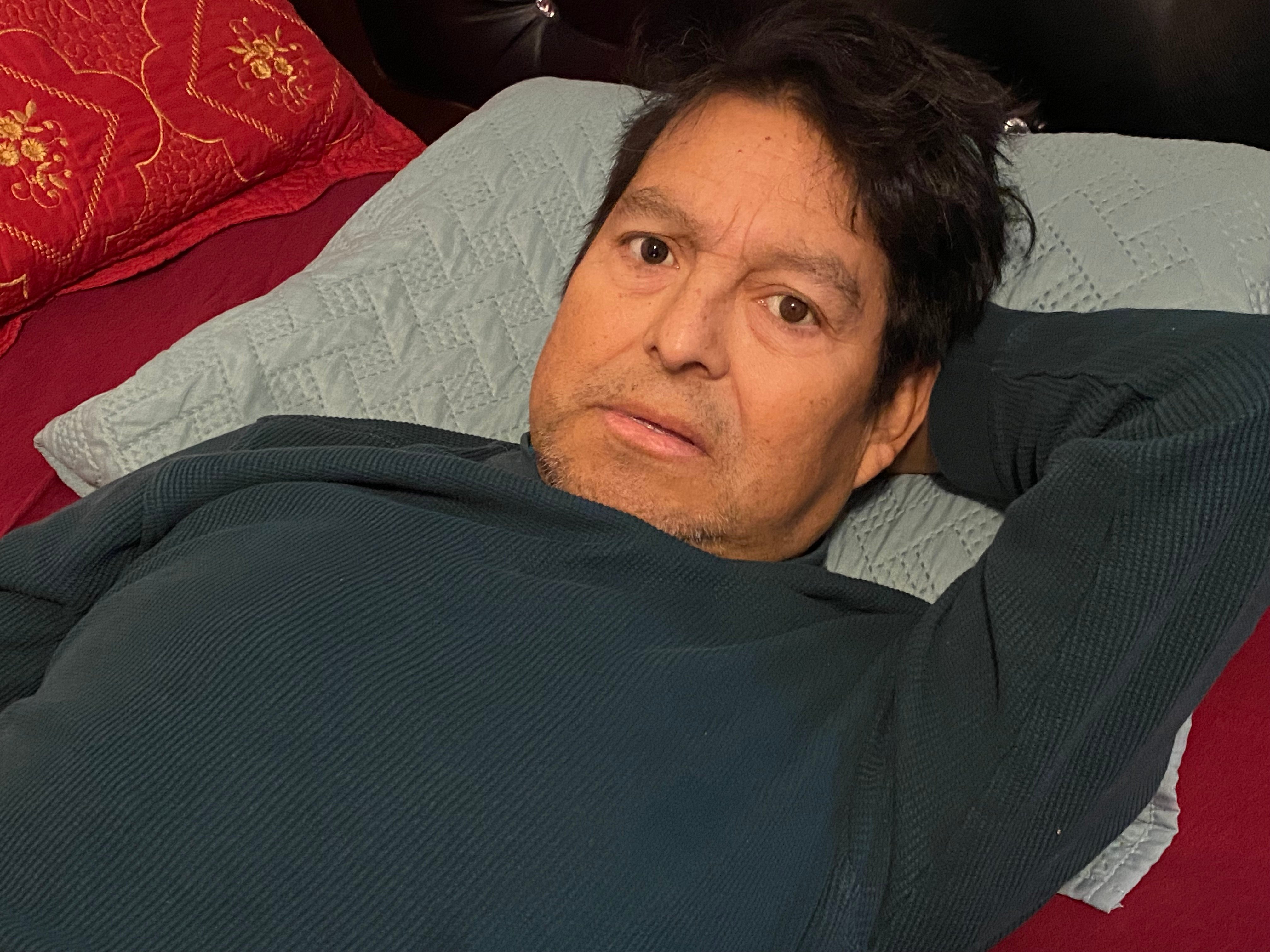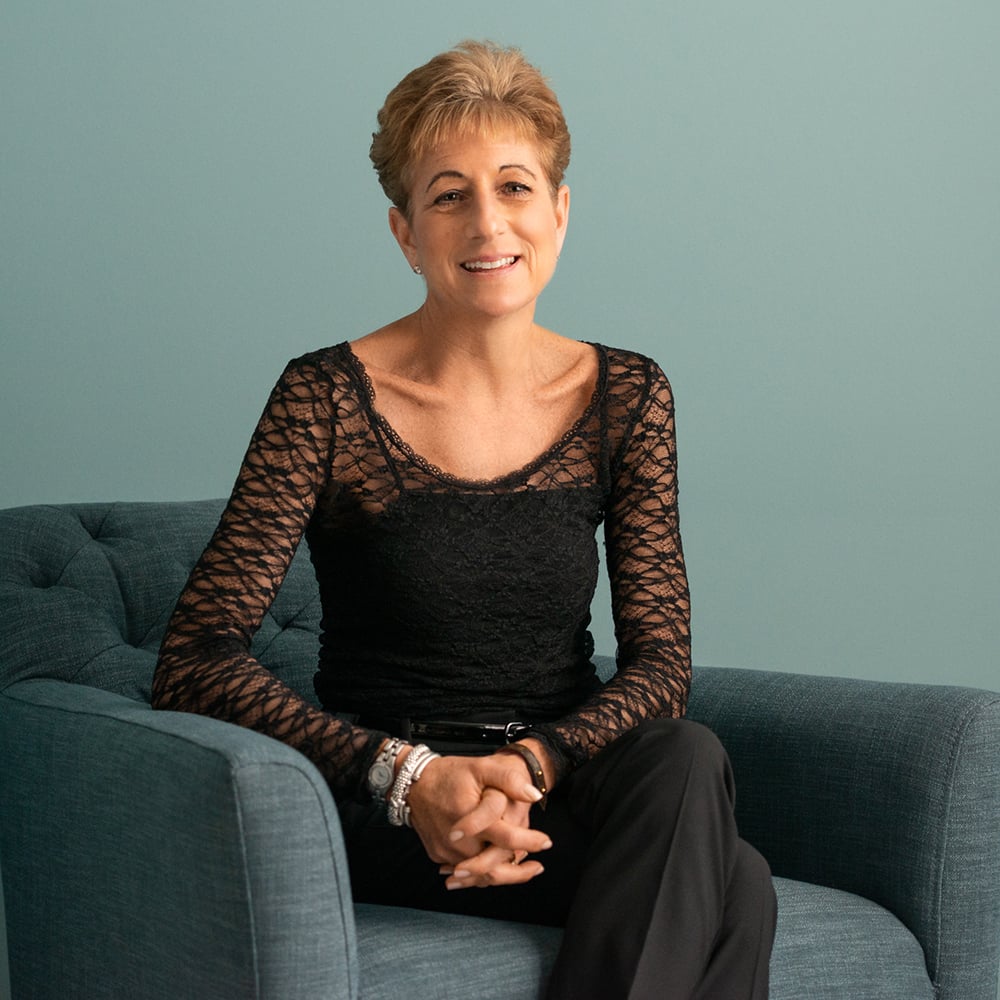Kim Martin shared her story in November of 2022.
For months I noticed changes in myself. I was no longer enjoying reading, and when I did read, I was having a difficult time retaining information. Many commitments that I normally enjoyed, like serving on boards and being engaged in local politics, were feeling burdensome, and it was becoming hard to keep up. I thought I had gotten lazy. I never imagined it was Alzheimer’s disease.
In April 2022, I took a 23andMe genetic test, and it came back showing I have two APOE4 genetic markers. APOE4 is the strongest risk factor gene for Alzheimer’s disease, and having two copies is the highest amount you can have. I realized then that some of the behaviors I had recognized in myself were not the result of laziness. It hit me: I have Alzheimer’s.
To find out for sure, I made an appointment at the Mayo Clinic in Scottsdale, Arizona. A neurologist confirmed my suspicion. My husband, Steven, and I pulled our children and their significant others together and shared the news. They’ve all been of wonderful support, but we still have a lot of uneasy conversations that are necessary for me to put plans in place while I still have the mental capacity to do so.
My family is not alone in their discomfort in talking about dementia and the end of life. These are uncomfortable topics for most people, but I want to specify my intentions as the disease progresses so my husband and children have no doubts about how to best respect my wishes and support me.
My father lived with dementia, and there was no joy during the last years of his life. Witnessing the sharp decline of his mental capacity and ability to function independently was painful. I regret that he lived at least two years beyond what he would have chosen. I didn’t feel like there were any options. At age 93, he finally passed after spending only three days on hospice. I contemplate his experience and think: Please, please don't make me go through that.
Before Alzheimer’s robbed him of his personhood and independence, my father had always been clear: “I want to die when I am no longer able to take care of myself.” But how? And at what point exactly? I regret that I didn’t have the kind of directives that I’m hoping to write so that my family and friends will know what I want and how to facilitate my wishes.
I put Alzheimer’s up-front because my brain functions most of the time right now and I don’t look like I’m “sick,” so people have a hard time believing I have Alzheimer’s, but I do have it. My brain gets tired way sooner. I’ve always managed stress well and loved a good argument; I took pleasure in having a debate. Now, anything slightly argumentative or tense puts me into a panic. I also get distracted easily and can’t do two things at once — that’s hopeless. I have to do something right away; writing it down is more helpful than not, but it’s not completely helpful. I took pride in juggling several tasks and roles, so it takes patience on my part to find a way to live differently. It can be difficult to accept and adapt.
To help my community normalize living with Alzheimer’s, I started a column in my local newspaper, The Durango Herald. I’ve written a couple of articles and plan to continue periodically to share about my experience. I want to put a face to a disease that usually prompts people to hide their experience and diagnosis. I want people to ask me questions.
My dedication to my community has evolved as I’ve changed, and I’m trying very hard to stay in the mix for as long as I can. I’ve joined a local group, the Durango Dementia Coalition, whose goal is to bring services to people living with dementia and to create political pressure on city, county and state lawmakers to create dementia friendly communities.
I continue to have a very full life and many hobbies and recreational diversions. I enjoy almost everything when my brain is cooperative. Aside from my loving family, I have incredibly supportive friends, friends who want to know what I need. I don’t need very much right now; I just need plans for the future. It’s never not on my mind.
If you die suddenly, you don’t have to provide guidance for your end of life. But if you have the opportunity to plan, talking about your goals with the people it will affect seems wise. That’s what I’m trying to do. I’m gathering bits and pieces to get clear under what circumstances I want to be allowed to die, to escape this disease completely stripping me of my personhood and quality of life. Having Alzheimer’s disease and an early death go hand in hand for me. I’m not going to play this out to the last second.
Why? I’ve lived a life of dignity, honor and respect. I don’t want my friends, husband, children and grandchildren to see me go out less than what they know me as. Long before my diagnosis, I said, “If I die today, I’ll die a happy person because I’ve lived a good life.” I’m not afraid to die, but I am terrified of becoming a shell of myself, unrecognizable to those closest to me.






